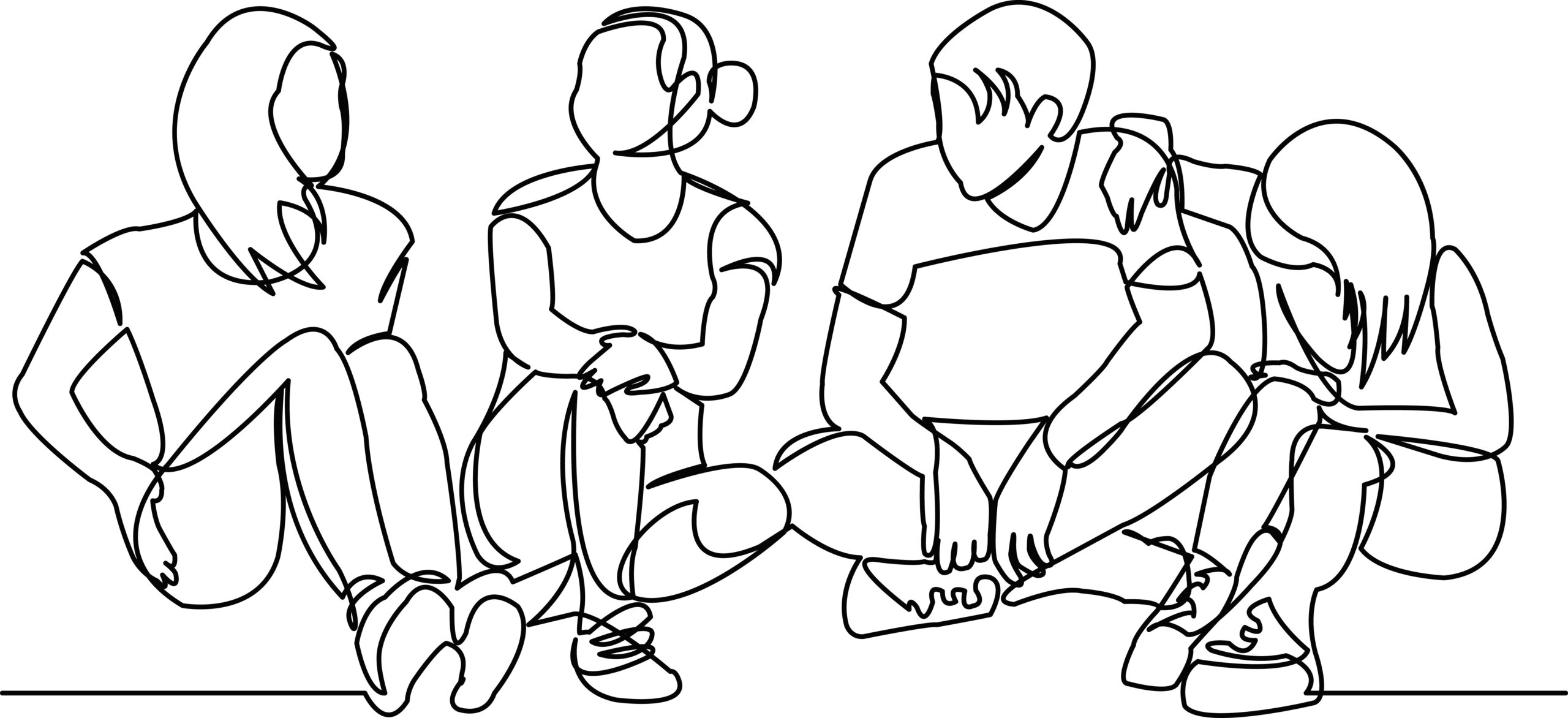Jo Fliski
From 2020 it will be compulsory for all secondary schools to teach both relationship education and sex education and for primary schools to be teaching relationships to young people. The National Survey of Sexual Attitudes found that young people, and young woman especially, who learn about sex and relationships at school are far less likely to report poor sexual health outcomes.
Currently schools can choose whether they teach these subjects. In my experience, some teach it extensively and thoughtfully and others give more of a nod to the subject. I do understand this; it’s not exactly in your job description to stand in front of a room of teenagers and start talking frankly about sex and relationships and all that jazz… but it soon will be.
When I became PSHE co-ordinator in an urban comprehensive school, I wanted to address these issues by opening a C Card clinic. I worked closely with the school nurse and the sexual health clinic to discover exactly what our education need was. Once I was faced with these facts, I interviewed students from each year group, allowing pupil voice to guide my planning and speakers. It’s worth mentioning too that additional sensitivity is needed for different cultural groups and I would often deliver sessions to single-sex groups or put on additional sessions if I noticed a need. The ideal way to teach RSE, I believe, is to have the entire teaching staff design lessons in collaboration so that you have a bank of resources, shared knowledge and a sense that the lessons suit your own students and teaching style. It also means that teachers are more comfortable with the resources or could perhaps deliver them alongside another member of staff. There is also a wealth of really inspiring textbooks and online resources to supplement your teaching. If there is an opportunity to assign an INSET day to the subject, then all the better. There are some phenomenal training sessions available to teaching staff also.
The benefits of teaching RSE are enormous: I saw a marked increase in happier students and the number of young people asking for sexual health advice. The school nurse and clinic saw a drop in students attending. As an English teacher, I noticed new language and thought patterns in class discussions. Women making ill-advised choices in GCSE texts, such as Curly’s wife in Of Mice and Men, were less likely to be judged harshly and students were aware of other actions that could be taken. They also immediately recognised grooming in the text Heroes and spoke more about what was acceptable with empathy and insight.

As a teacher, I would far rather young people asked than relied on other sources – 22% of children under 10 have now seen porn online with almost 50% of older children watching it regularly. This should not be how our young people learn about sex and relationships and I believe it is a damaging way to learn.
Teaching relationships as young as the first few years of primary school serves the purpose of introducing healthy discussion about what friendships are, what behaviour we consider ok and what behaviour causes us to be unhappy. It is also vitally important for children and young people to understand and recognise behaviours that are not healthy and to know that we speak about those behaviours without judgement or fear and we speak about them with adults.
If we as teachers can improve the chances of young people being in healthy relationships, of being made aware of their choices, of respecting themselves and others, of being able to discuss their concerns freely and without judgement, and if we can equip them with the knowledge of what is and isn’t acceptable in relationships, then we are creating a new language and new ethos where sexual health isn’t a taboo subject. We can hope that many students learn about relationships and sex from their parents but for those who don’t, or find it too embarrassing or receive the talk too late, then effective RSE education in school is crucial. Implementation of RSE is a conversation schools need to be having.
Visit collins.co.uk to learn more about statutory RSE and Your Choice, a coherent PSHE course for KS3.



